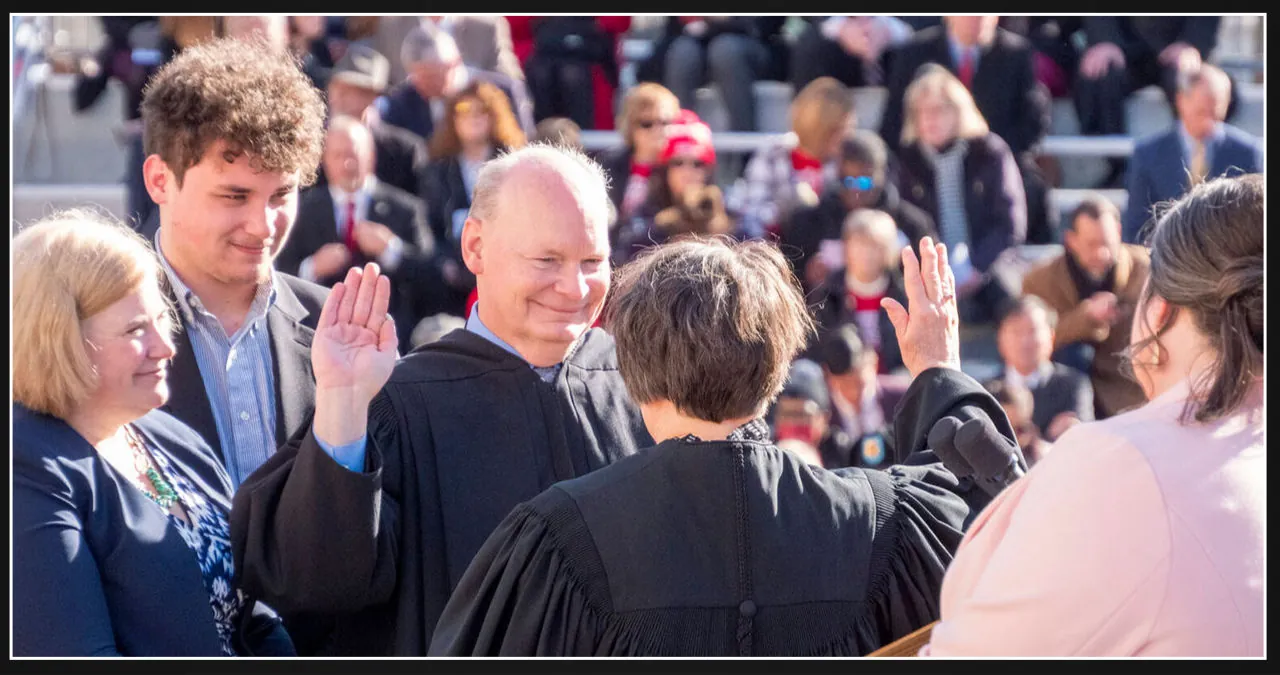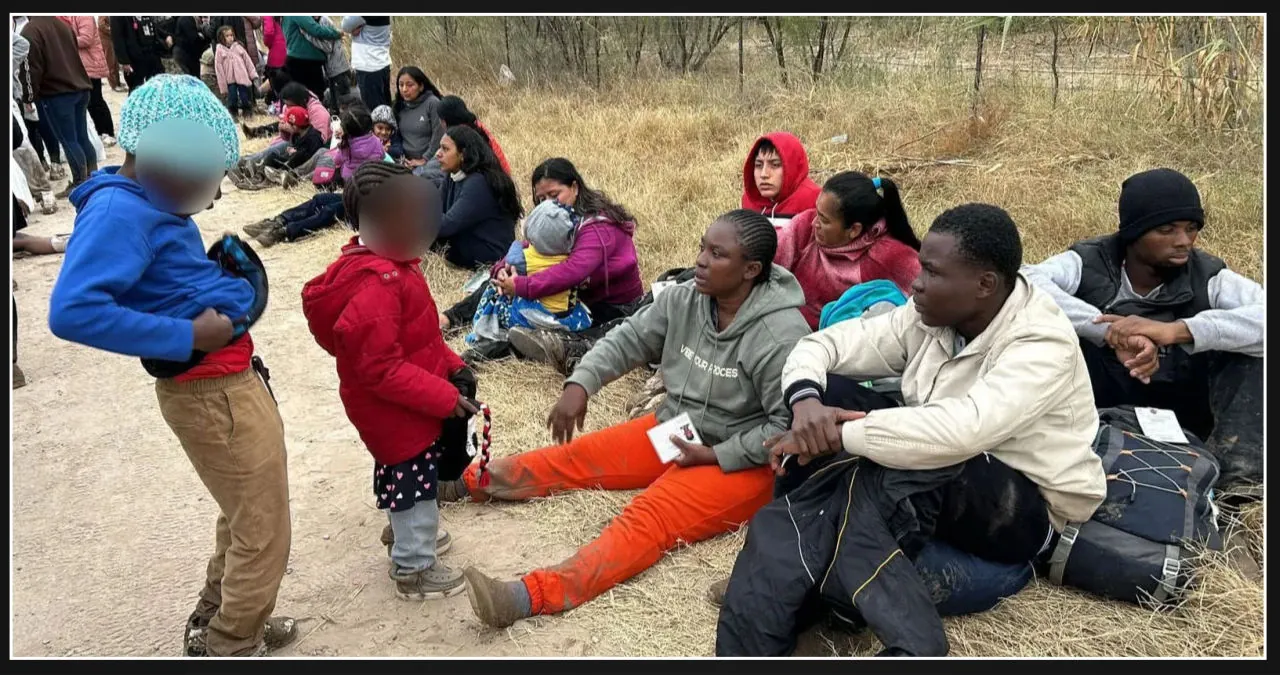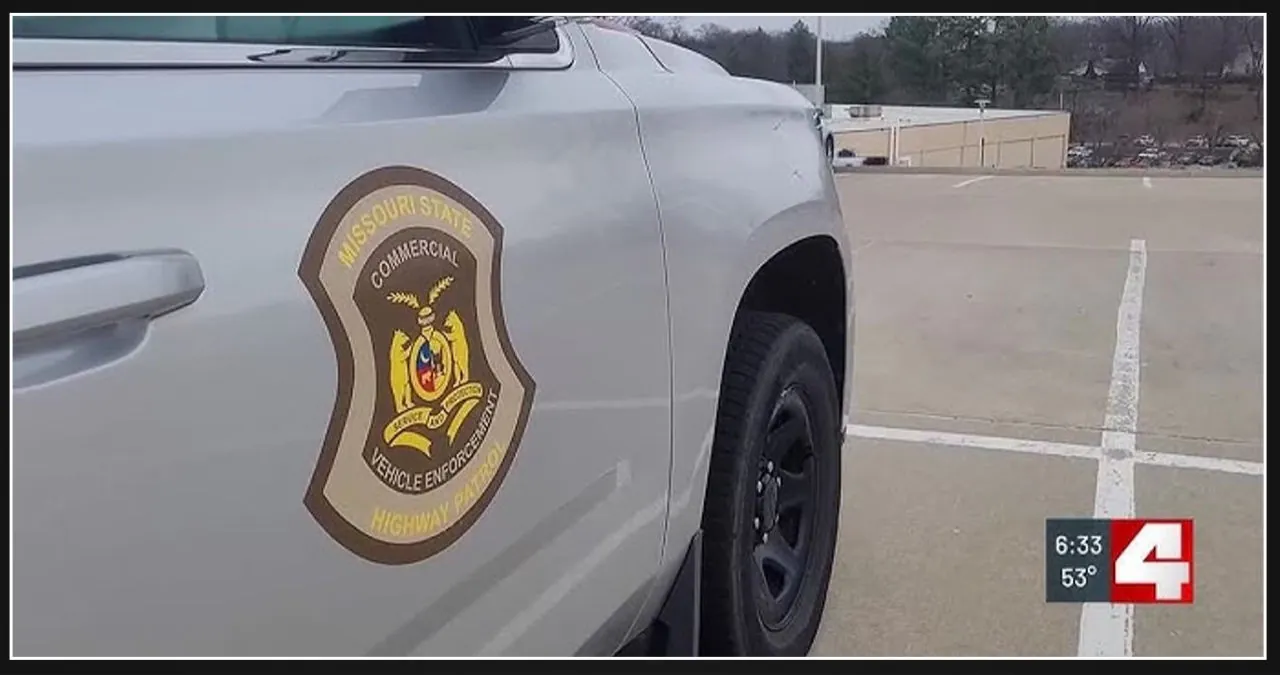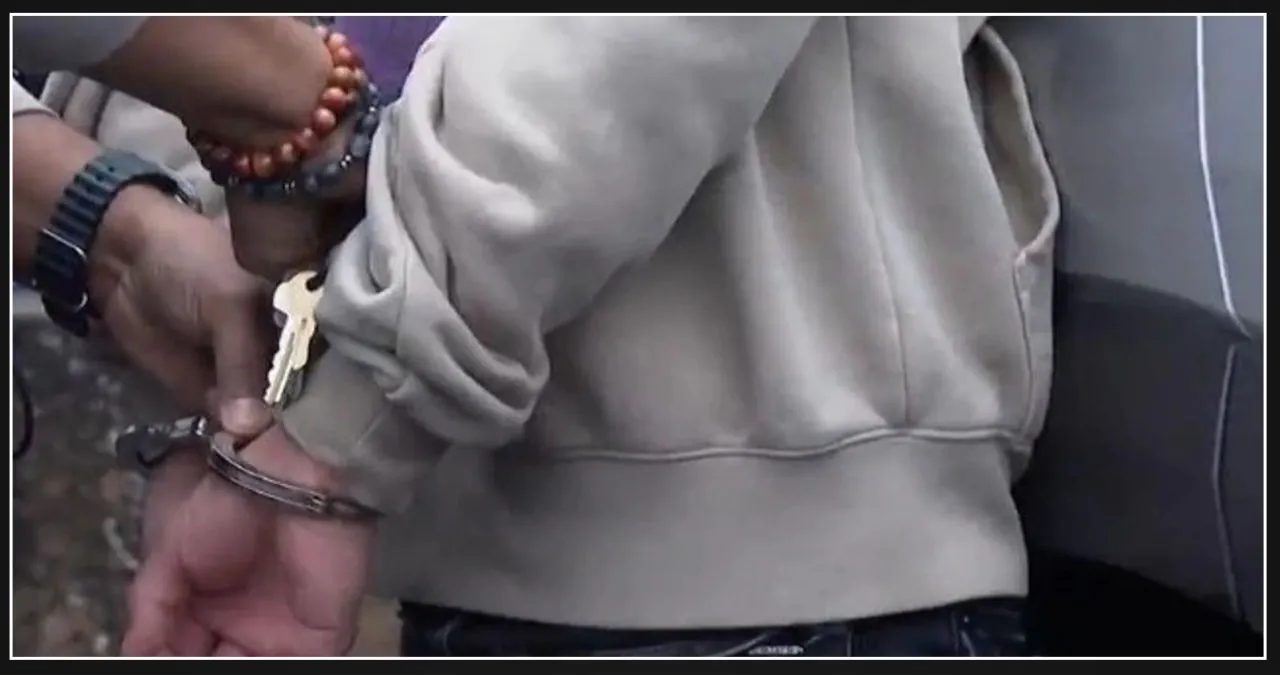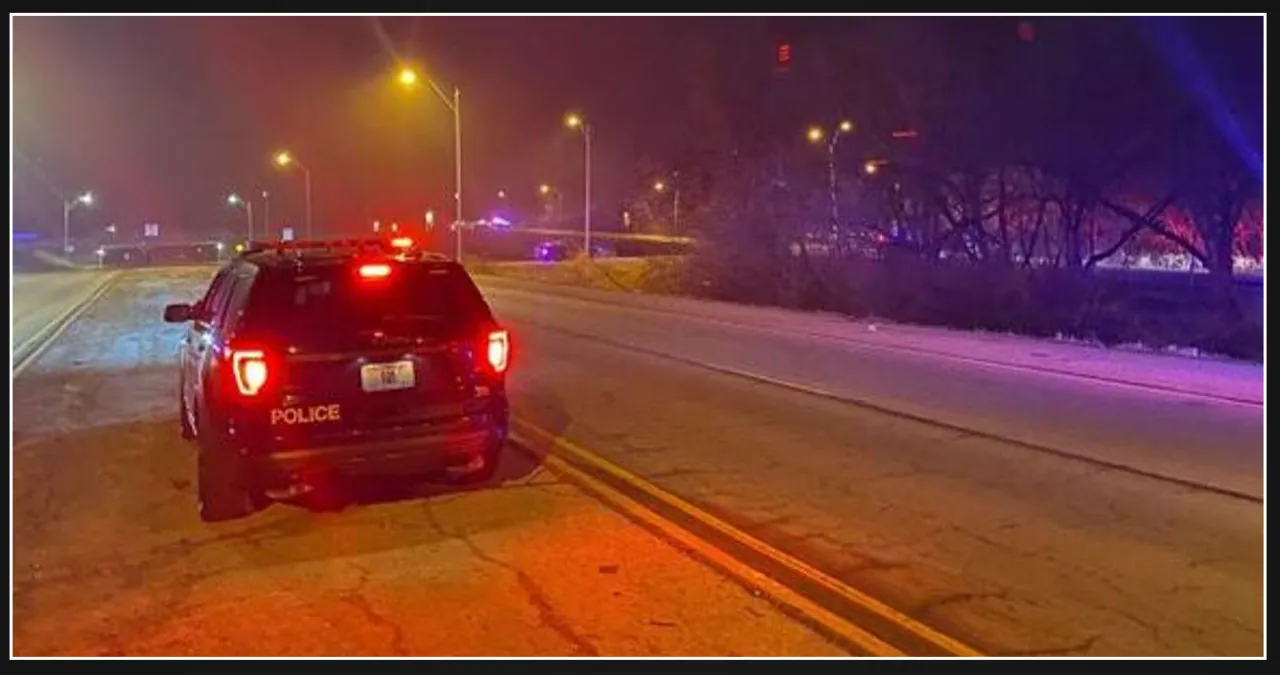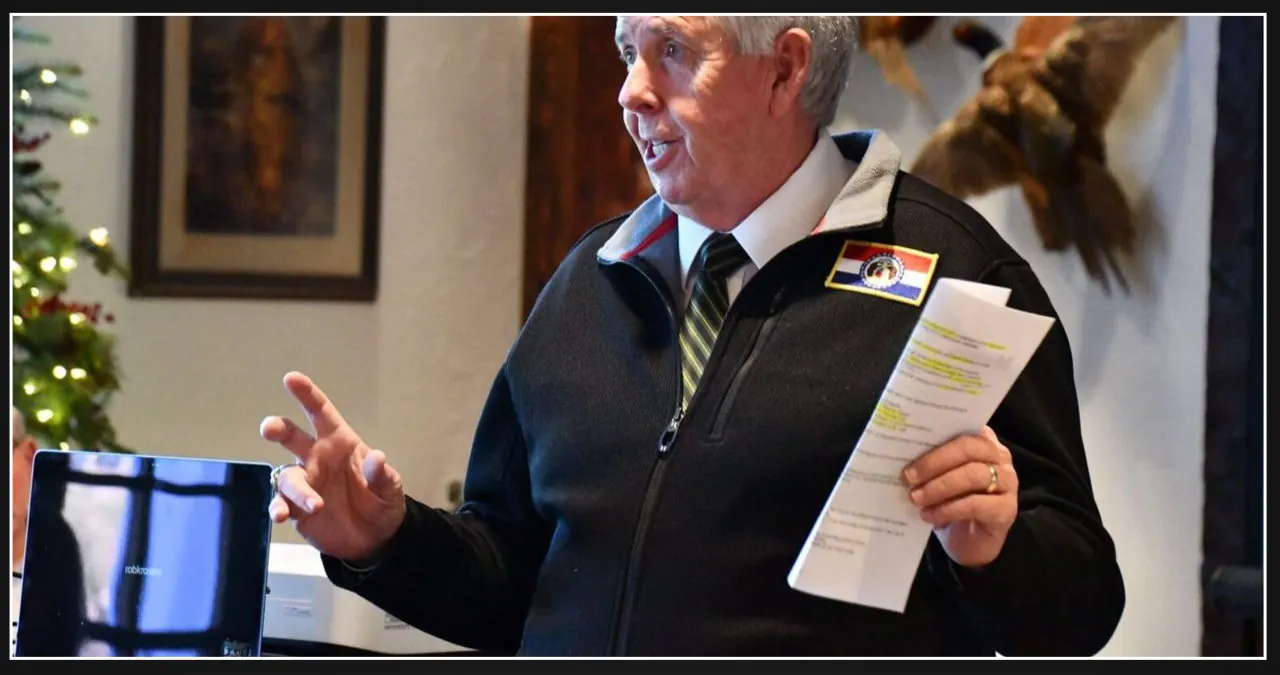Kansas Supreme Court Justice K.J. Wall expressed concern on Friday about the shortage of attorneys in rural areas, stating that the state is on the verge of a constitutional crisis. He emphasized that the lack of legal representation in these areas is compromising equity and justice.
During a news conference in Concordia, Wall addressed the issue of attracting more attorneys to rural areas. The committee, which has spent the past two years studying the crisis, released a report that not only provides recommendations but also highlights concerning statistics. According to the report, a mere 21% of active attorneys serve 45% of the state’s population, excluding the five most-populous counties.
Around a third of the lawyers practicing in those 100 rural counties are aged 60 or above.
Wall emphasized the severity of the problem and highlighted the need for intervention and affirmative action.
Kansas Supreme Court Chief Justice Marla Luckert took the initiative to establish the Rural Justice Initiative Committee on December 1, 2022. This committee consists of 35 members, including judges, legislators, attorneys, educators, business leaders, and organizations dedicated to serving victims of sexual or domestic violence.
During Friday’s news conference, Luckert explained that her decision to establish the committee stemmed from various concerns raised by judges, attorneys, and local governments. Judges expressed difficulty in finding attorneys who were both qualified and willing to take on cases. Attorneys themselves expressed a desire to retire but were hesitant to leave their communities without legal representation. Additionally, local governments faced challenges in hiring city or county attorneys.
“We were aware that a crisis had unfolded,” she acknowledged, expressing her curiosity about the extent of its pervasiveness.
According to Luckert, they discovered that the situation turned out to be worse than they had initially anticipated.
According to a recent report by the committee, rural Kansas counties are home to over 1.3 million people, while only 1,401 attorneys serve those areas. Interestingly, there are actually more attorneys working in Kansas City, Missouri, than in rural Kansas.
In west-central Kansas, there are two counties, Wichita and Hodgeman, that currently lack any attorneys to serve their communities. Additionally, there are seven other counties in the state where attorneys under the age of 60 are not present. This shortage of legal professionals poses challenges to the residents of these areas who may require legal assistance.
In 47 counties, the number of attorneys falls below the threshold of one per 1,000 people.
According to the report, rural judges face difficulties in finding attorneys for cases where individuals have a constitutional or statutory right to counsel. These are cases where a person’s freedom or their ability to parent their child is on the line. The report also highlights that attorneys are having to turn away potential clients on a weekly basis due to the overwhelming demand in their communities.
Attorneys working in rural areas face multiple barriers, as highlighted in the report. These include the challenge of balancing colossal student loan debts against lower incomes, a lack of business skills, and difficulties in finding essential amenities such as child care, housing, health care, and reliable Wi-Fi.
The report presents 10 recommendations to tackle the issue. These recommendations propose the establishment of programs that would cover tuition fees or provide student loan repayment options for lawyers who choose to attend law school in Kansas and subsequently practice in rural areas of the state.
One of the suggestions is to establish a professional organization for rural attorneys to enhance collaboration in recruitment and retention efforts. Another proposal is to provide support for K-12 students in rural Kansas through outreach initiatives. Additionally, there is a recommendation to work with the Kansas Department of Commerce and Office of Rural Prosperity to assist attorneys in managing their businesses effectively. Lastly, it is suggested to create a standing committee to monitor and evaluate the outcomes of these initiatives.
